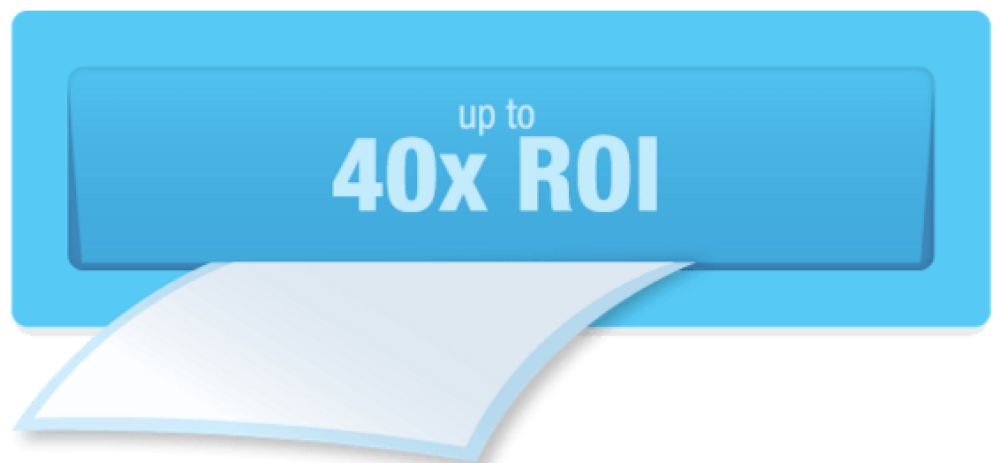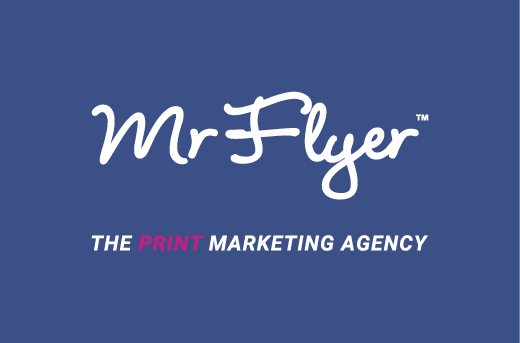What is 'the' response rate from leaflet distribution?
15 Feb 2016

The question of what is the response rate from leaflet distribution, has to be one of the most commonly asked questions we receive from potential and existing customers. To put this question into context, it's like asking a asking a gym instructor, 'how much weight will I lose by joining the gym?'. There are many factors which determine how much weight you may lose, and the same is true for your response rate from a door to door distribution. The next few paragraphs will help illustrate how you can maximise your response rate.
What do the stats say?
The Direct Marketing Association (DMA) has carried out extensive research in an attempt to give you a good idea of what to expect from your flyer distribution campaign: "A key finding is that 89% of consumers remember receiving a door drop mailing - more than any other marketing channel. And it has a powerful place in people's lives, with 45% keeping leaflets on a pinboard or in the kitchen drawer". This is great news! However, the average response rate is around 1%. So the question is why aren't people responding, and more importantly, how can we encourage people to respond?
Which industries benefit most from leaflet distribution?
According to a DMA article, the retail sector has most success with 9 in 10 people happy to receive retail based unaddressed mail. This was closely followed by FMCG brands, then restaurants and local services. In our experience, our biggest bulk of clients which repeat very regularly with us due to high ROI are Estate Agents, Gyms and Garages (car sales showrooms such as Perrys Mazda).
New business vs established brand, who wins?
Imagine that two businesses in the same industry decide to invest in a door to door distribution; who will receive the higher response? Consider, if you receive a flyer for DFS Sofas and another from Mr Sofas, they both say 50% off Boxing Day sale, and both have images of nice sofas from just £399, which would you more likely respond to? Even if Mr Sofas had a better offer and better starting prices, you would still go to DFS over Mr Sofas because you know and trust the brand, where as you have never heard of Mr Sofas (probably because I made them up!).
How many people will respond to your flyer?
For this let's stick with the sofa example. If you receive a flyer from DFS, a well established brand, and receive a Dominos Pizza flyer, again a well established brand, the response rate would be equal right? No! How many times do you buy a pizza compared with a sofa?! The point here is not to dwell on the percentage response rate, but on the potential value of each converted lead. Dominos need to sell a lot more pizzas than DFS do sofas in order to see a return from their distribution.
But I'm not an established brand, is leaflet distribution a waste for me?
Absolutely not, and there are a number of reasons why. If you have a local business looking for local custom then I can't think of a better solution to advertise locally than flyer distribution. So, why will people respond if they haven't heard of you? They won't necessarily on first view, but going back to the joining the gym analogy, leaflet distribution is not a one hit wonder event, just as going to the gym doesn't work if you only turn up once. Leaflet distribution works most effectively when treated as a long term campaign, which goes out to the same people over and over with a professionally planned strategy. This is the same whether you are an established brand, a new business, or a small business looking to expand.
What is the campaign based approach?
This is the essential ingredient to ensuring you will see a return on your investment. People don't tend to respond to something on first view, they need to see it over and over, which is known as drip effect marketing. You need to plan a long term campaign, tailored around your budget, which enables your flyer to target the right audience on a regular basis with actionable flyers.
How much impact does the design of the flyer have?
A huge amount! For example, if you have an estate agents and send out a flyer with a boring image of your office on, and it says something like 'we are an estate agents, we sell and rent houses', you will likely receive no response even if you send 100,000 on a regular basis to the same audience. However, if you simply have a headline such as 'Thinking of selling this summer?' Followed by a sub headline, 'we are offering free valuations in your area this week', with a call to action, 'Call us today on...and book your free valuation', and an image of an exciting house with a happy family embracing it, your response rate will rate will be completely different. Why is this? Because instead of talking about your boring business, you need make your business relevant to the receiver, and give them a strong reason to respond. Actionable design is vital.
